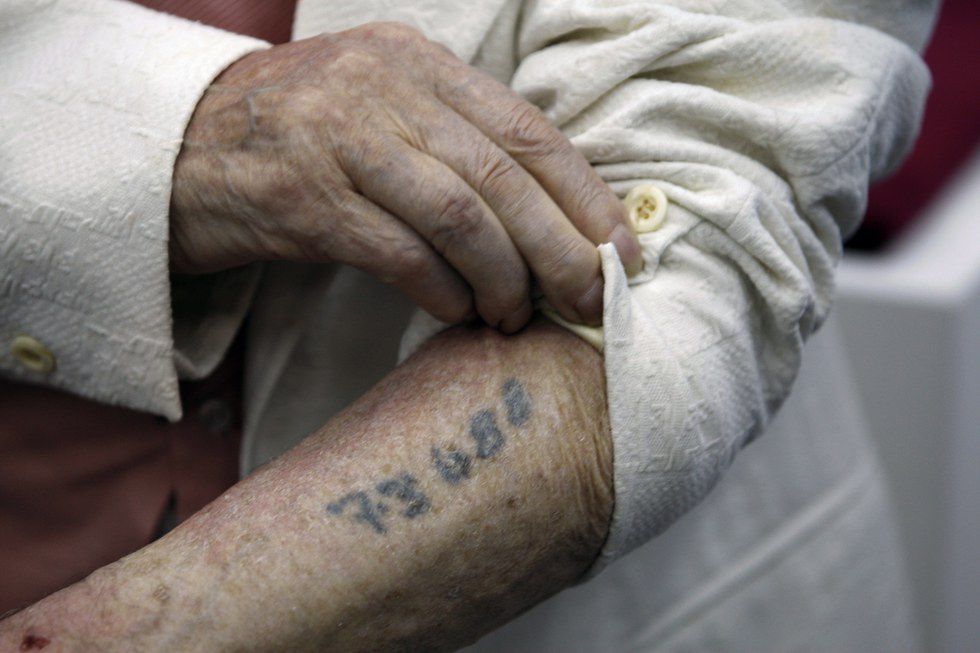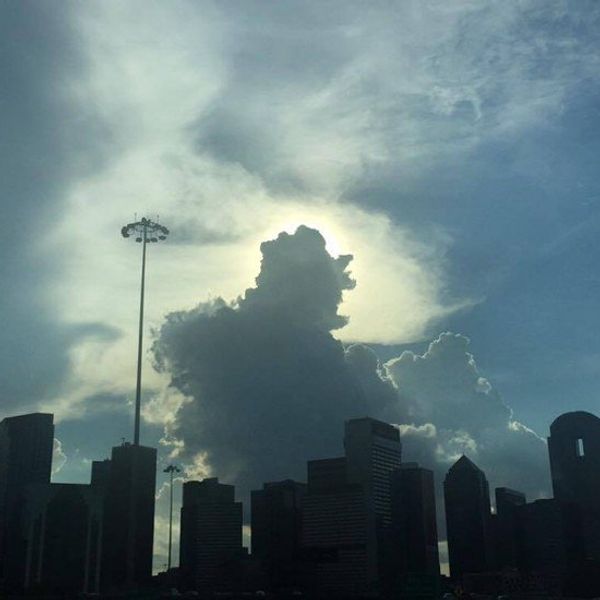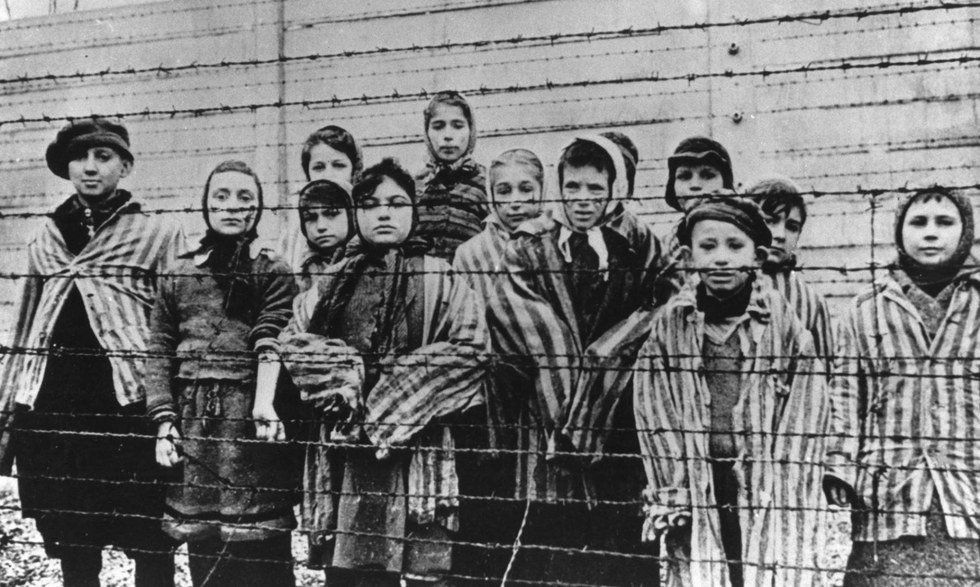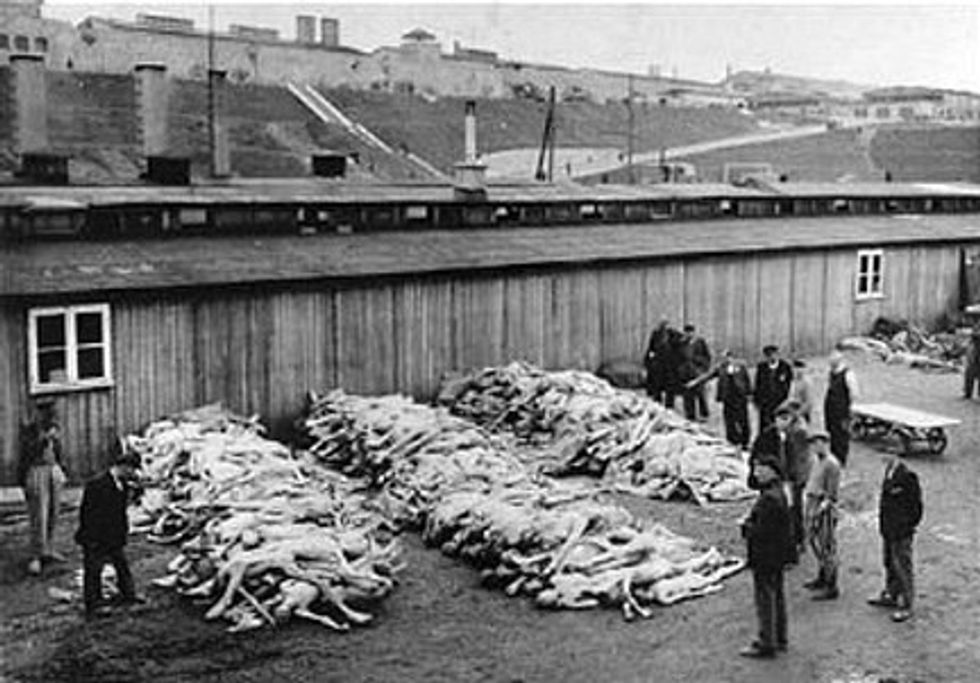A Holocaust survivor spoke at my school recently. It was my second time ever hearing a survivor’s story firsthand, but this time was definitely the most influential.
Before he went on stage, a woman introduced Mr. Peter "Moshe" Loth, making a comment about how his presentation might just change our lives. I didn’t pay any mind to her comment, just brushed it off.
Immediately when Peter approached the podium, his exuberant personality beamed. He brought humor to his presentation, though his topic is upsetting.
His story follows the childhood of a Jewish boy moving between the arms of his birth mother, to the arms of a kind stranger who raised him, to the angry hands of orphanage administrators, Nazi soldiers, and the KGB. His story shares a common theme touched by many Holocaust survivors – abuse.
But it wasn’t his story that stood out to me, it was him. As expected, he became emotional at many parts of his story, mostly when he talked about his family. But as he stood on the stage holding it together as best as he could, he repeated one particular question – “Would you forgive?”
He showed photos. Photos from wartime, post-wartime, to present day. The photo that fixated itself into my mind was a wall. The execution wall. Made of brick, there were about three large gaping holes from the thousands of bullet holes. Children were lined up at the wall, held by their necks as KGB placed the barrel of a pistol in each child’s mouth and pulled the trigger.
“Would you forgive?”
He asked the audience to bow their heads and think about that pain that is eating away at their hearts. Maybe a parent left. Maybe it was some degree of abuse. Maybe something less extreme. The theatre got quiet. He asked the audience to let go, to forgive their offenders. At this moment of silence, tears were shed throughout the audience. But of course, after upsetting the crowd, he walked up and down the aisles of the theater and offered hugs.
His words were powerful.
If Mr. Loth can go back to where he watched his only Jewish friend in the orphanage be brutally murdered, to where his grandparents’ bodies were burned, to where his forgotten twin was executed, to where he was forced to leave his matka (the stranger who became his mother), why can’t we find it in our hearts to forgive our offenders as a way to improve our own lives?
During the Q & A session that followed, a woman told her own experience with another Holocaust survivor. The survivor explained importance of being a witness to a witness. Sad but true, Holocaust survivors are dying because of old age. Many of the survivors were only children at the time.

To everyone else – I encourage you to also become a witness to a witness if you are given the opportunity. If you never do get the chance, I encourage you to do your part by remembering the genocide that took place so many years ago.
As a lover of all people, regardless of race, or faith, Peter encouraged us to follow his path. His message is SO important today because of all hate in the world. Peter was inspiring. He argued that if we forget, history will repeat itself. On a smaller scale, we are letting this happen. Abroad and at home, there’s ISIS. At home, there’s black versus white violence and brutality imposed on protesters because of the election and Standing Rock.
There needs to be change. If a Holocaust survivor can forgive and love all people, then we can too.
You can watch Peter's presentation here. Or if you want to read more about his story, visit his website, or read his biography Peace by Piece which can be found on Amazon.






















